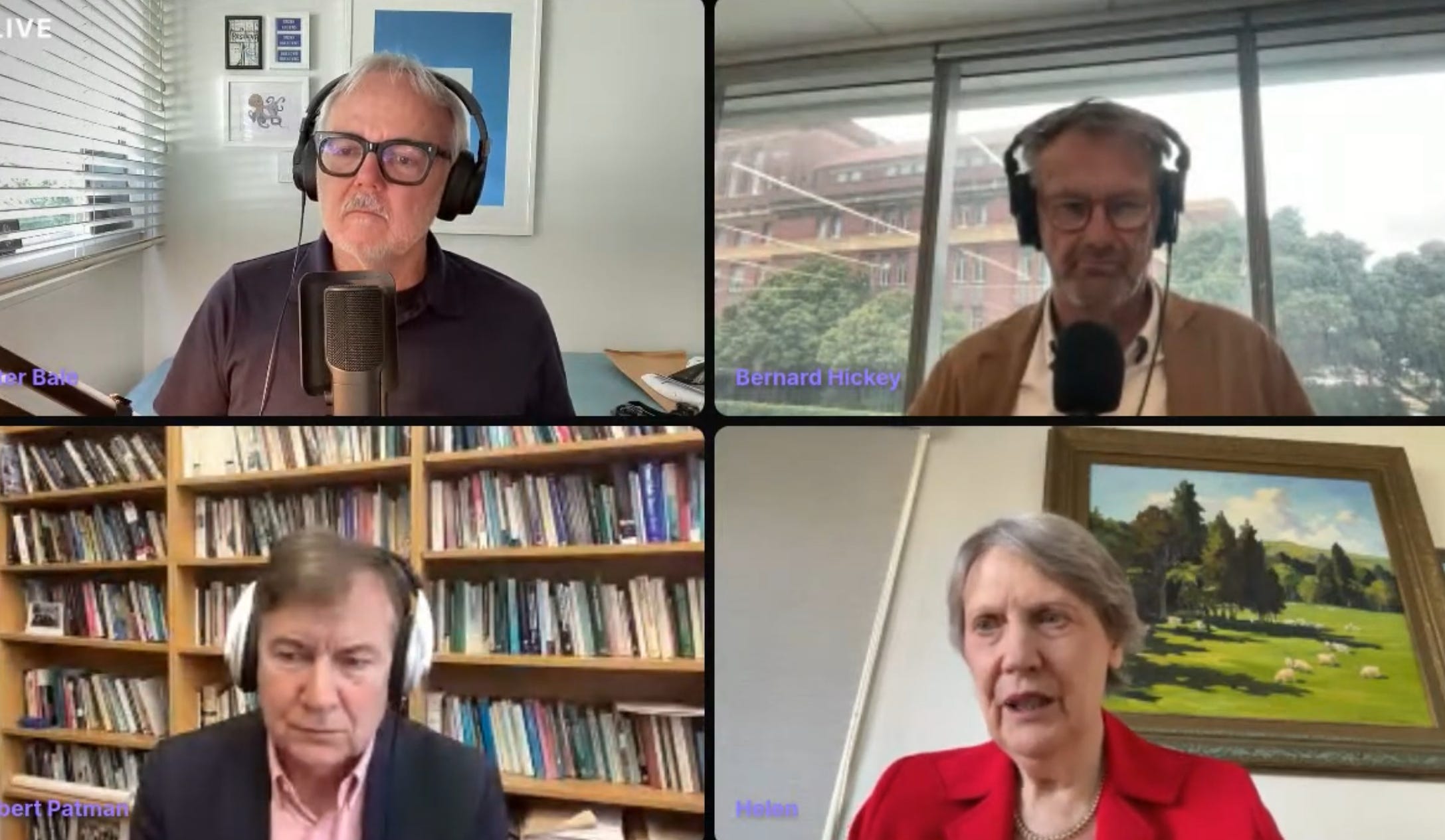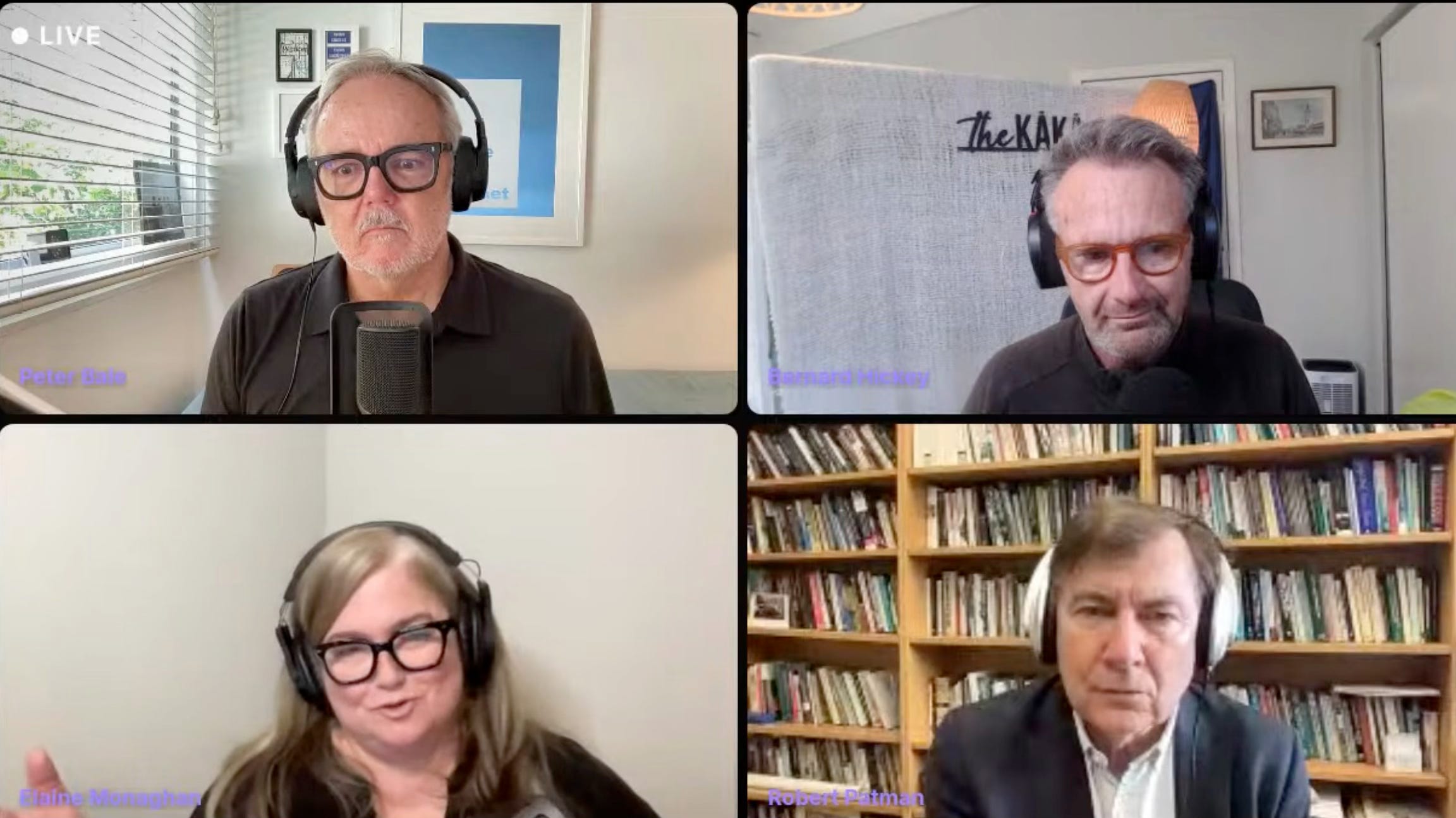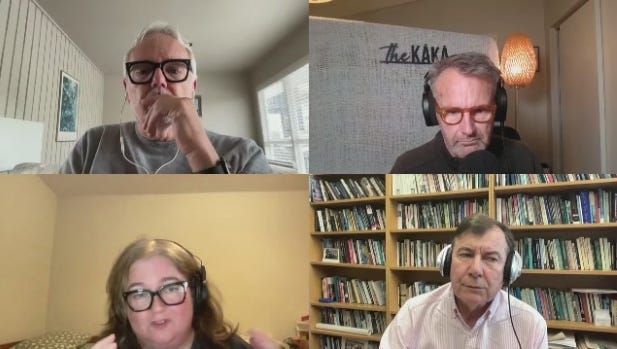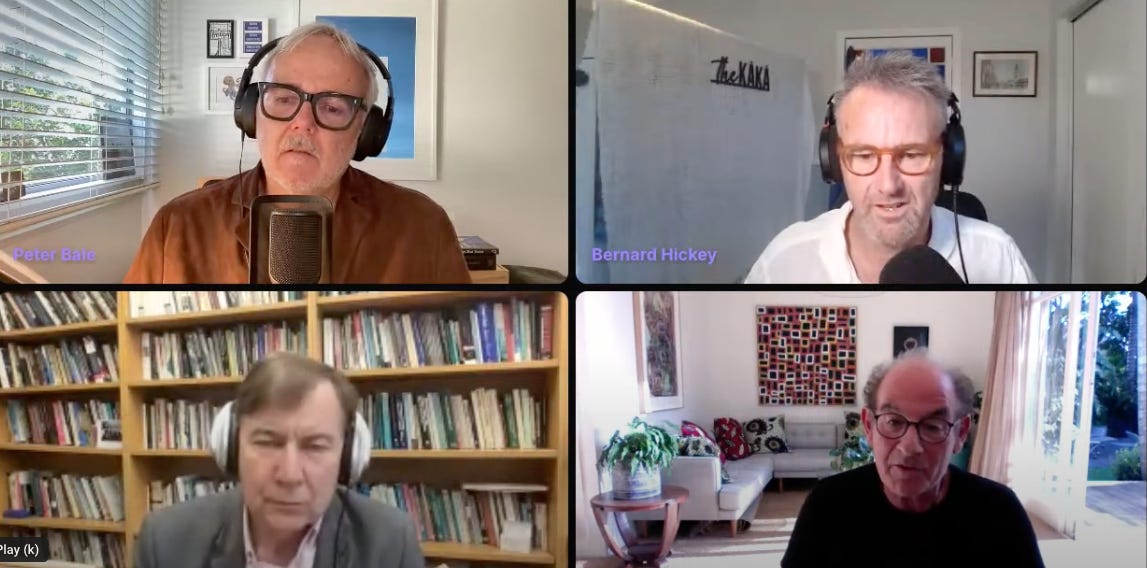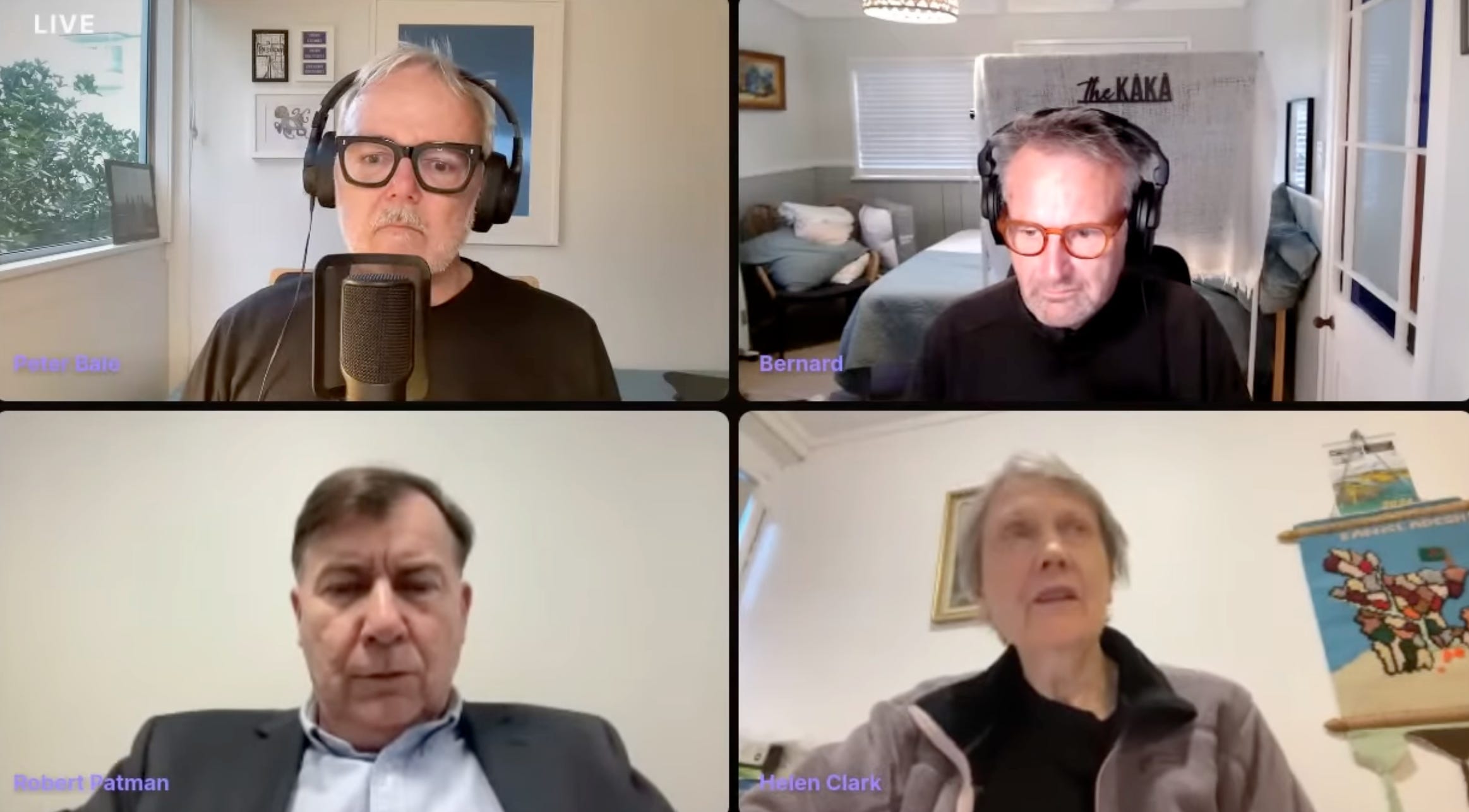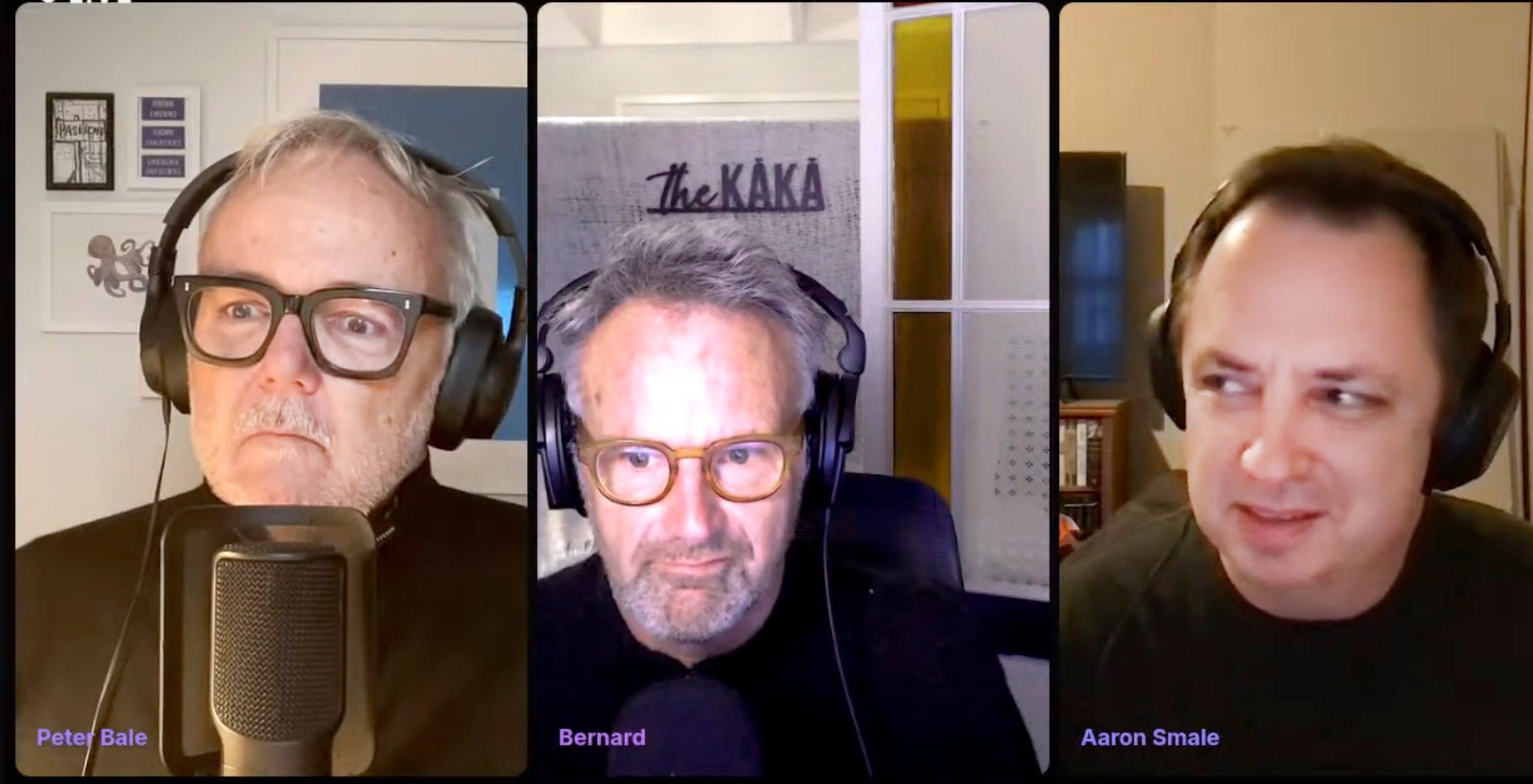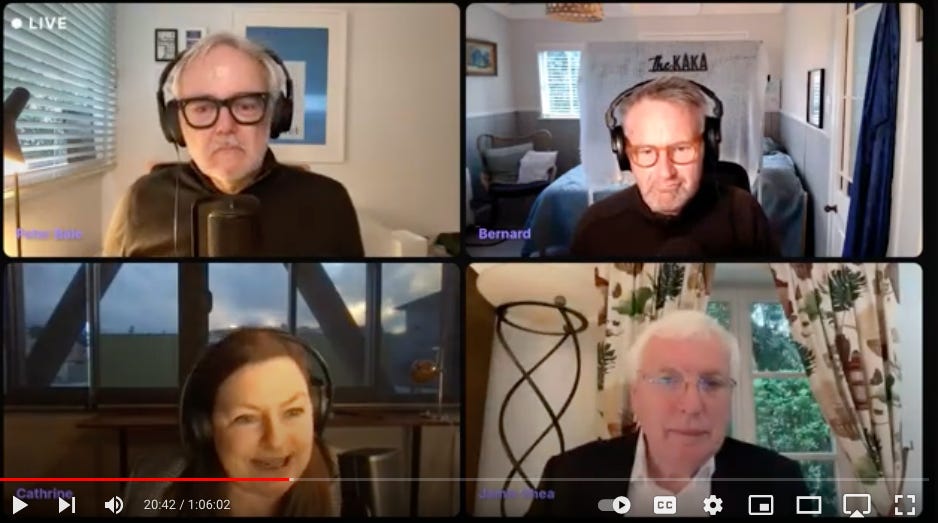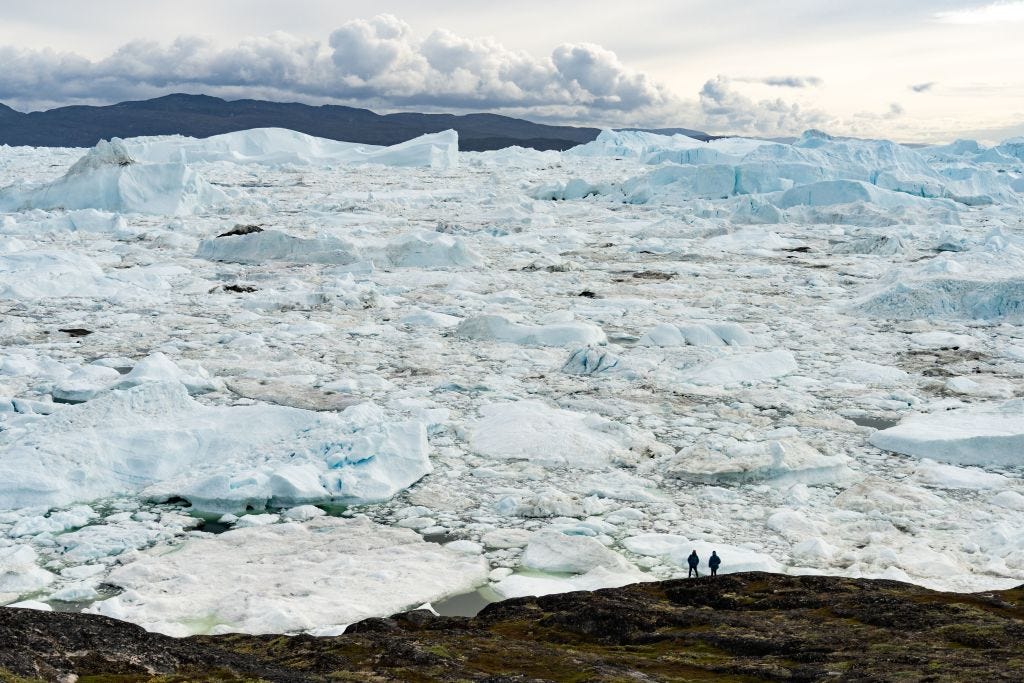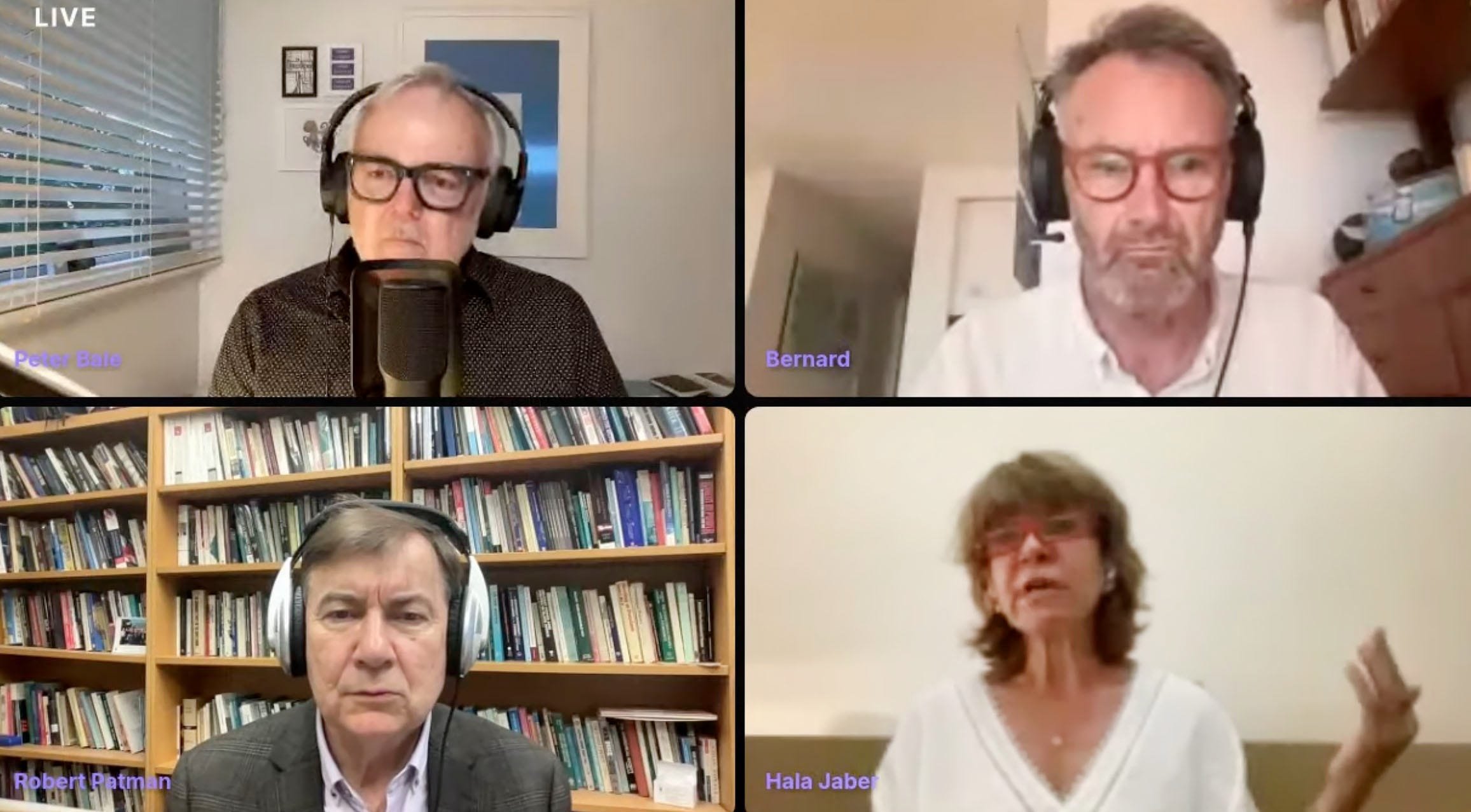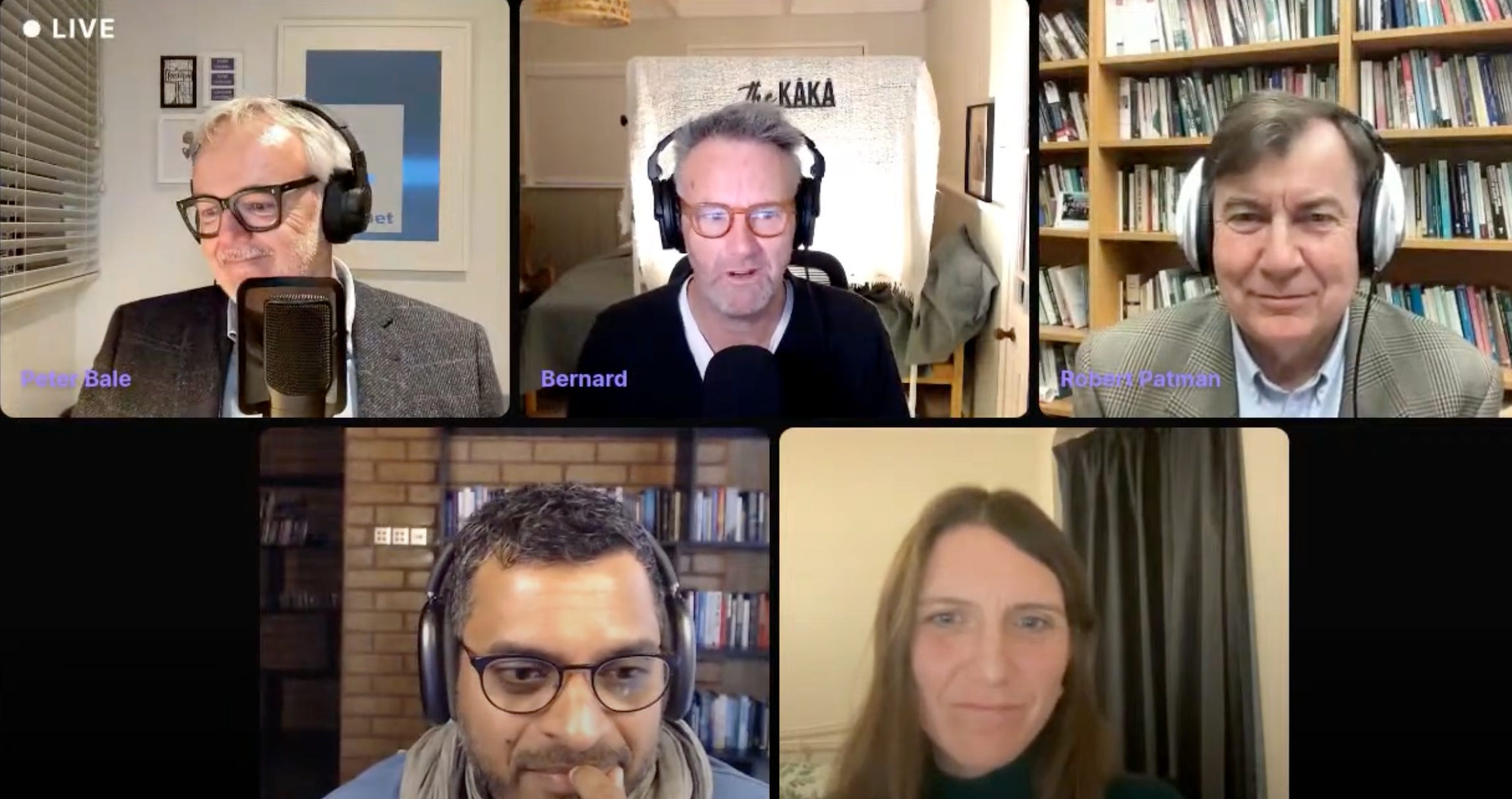Dead even tie for hottest August ever
Description
Long stories short, here’s the top six news items of note in climate news for Aotearoa-NZ this week, and a discussion above between Bernard Hickey and The Kākā’s climate correspondent Cathrine Dyer:
* The month of August was 1.49˚C warmer than pre-industrial levels, tying with 2023 for the warmest August ever, according to the EU’s Copernicus climate dataset. This is despite the absence of El Niño’s heat amplifying effects that were present last year.
* The Government’s National Land Transport Programme (NLTP) plans on executing a U-turn, taking us back in time to a car-dependent past, according to University of Auckland academic Timothy Welch in The Conversation. The worst thing, he suggests, is that most of the $8 billion in planned spending will go on planning, design and preparatory work, rather than actual construction.
* Debate about whether ‘climate intellectuals’ should focus on disinformation and misinformation underestimates the political versus the technical obstacles to decarbonisation, according Aaron Regunberg in the Jacobin. The critique was ‘story of the week’ on the website skepticalscience.com, who argue that systematic climate mitigation is an inherently political matter.
* The population effects of climate displacement are causing increasing concern in the US. “When multiple cataclysmic disasters strike one region in quick succession, climate change-driven phenomena called “compounding events,” they create overlapping ripples of displacement, making the movement that much harder to track. If it was tracked in real time, local officials would see disturbing trends,” according to this gnarly tale in The Grist.
* Glaciologists are in a race to collect ancient virus specimens from fast-melting glaciers after finding 1,700 mostly new-to-science ones in Tibet. Meanwhile other scientists are coming up with massive geo-engineering plans to try to slow the collapse of the so-called Doomsday Glacier in Antarctica.
* The chart of the week is putting the terrors into gulf coast communities in the US.
(See more detail and analysis below, and in the video and podcast above. Cathrine Dyer’s journalism on climate and the environment is available free to all paying and non-paying subscribers to The Kākā and the public. It is made possible by subscribers signing up to the paid tier to ensure this sort of public interest journalism is fully available in public to read, listen to and share. Cathrine wrote the wrap. Bernard edited it. Lynn copy-edited and illustrated it.)
1. A dead heat in August
August 2024 has come in at +1.49˚C above pre-industrial levels, tying with 2023 for the warmest August on record, according to the Copernicus ECMWF dataset.
This means 2024 is virtually certain to break the record for hottest year ever, according to climate scientist Zeke Hausfather.
Source: Zeke Hausfather on X.com
While temperatures in August 2023 were in the grip of an El Niño, the El Niño Southern Oscillation (ENSO) has now been neutral for several months. That should have resulted in temperatures dropping through the back half of 2024 compared to the El Niño elevated 2023. The size of the heat anomaly has been declining, but the effect is more muted than it should be. The decline is more visible in sea surface temperatures – it helps to look at the two side-by-side:
Source: Copernicus Climate Pulse
Some countries have been sweltering through record-breaking temperatures. Japan’s hottest summer ever has produced thousands of “extreme heat” events.
“The average temperature in June, July and August was 1.76C higher than the average recorded between 1991 and 2020, the Japan meteorological agency said, according to Kyodo news agency.
It was the hottest summer since comparable records were first kept in 1898 and tied the record set in 2023, the agency said. Japan has recorded 8,821 instances of “extreme heat” – a temperature of 35C or higher – so far this year, easily beating the previous record of 6,692 set in 2023, it added.” Source: The Guardian
Large swathes of China also experienced their hottest August ever. China has a three-tier warning system for temperatures and was issuing warnings at the highest tier (above 40˚C) for 12 consecutive days in late August.
Meantime Australia, where it is meant to still be winter, was recording temperatures in excess of 40˚C in a series of unusual winter heatwaves. It was not just the extreme temperature but the scale:
“Bureau of Meteorology maps showed a giant mass of extreme heat from near Brisbane in the east to the interior of Western Australia – a distance of about 3700km.
Data on Wednesday showed 48% of the country experienced maximum temperatures in the hottest 1% on record for August.
Nadine D’Argent, a climatology specialist at the bureau, said there were several “wow moments” as the temperature data came in.
“Seeing 40C in August is quite rare. We generally don’t see that until late September but we’ve had 16 instances where temperatures have gone above 40C.”” Source: The Guardian
2. The land transport U-turn taking us back to the past
The Government’s evidence-free National Land Transport Programme (NLTP) plans on executing a U-turn and taking us back to a car-dependent past, according to University of Auckland academic Timothy Welch in The Conversation.
The problem – well, one of the problems - is that our driver, Simeon Brown, hasn’t looked over his shoulder for following traffic, or at the dashboard for useful statistics, before attempting to execute the manoeuvre.
The $8 billion price tag, Welch points out, won’t actually build anything for decades. The massive price tag is for planning, design and preparatory work (presumably headed for the pockets of some much-maligned contractors) rather than actual construction.
“The approach effectively commits billions in taxpayer dollars to preparatory work without delivering any tangible infrastructure improvements. New Zealanders will likely find themselves stuck in worsening traffic, waiting for highways that may never materialise.
These projects could easily be sidelined by future budget constraints or changing political priorities. A growing recognition of induced demand – where new roads generate more traffic rather than alleviate congestion – and the looming challenges of climate change risk these carbon-intensive projects being obsolete before they even begin.
Meanwhile, projects that could address far more severe congestion in the main cities are being cut back or indefinitely postponed.” Source: The Conversation.
On the one hand, there is hope that these backward looking, demand-inducing “asphalt aspirations” will melt before our eyes, with some good sense materialising before they do. On the other hand, nobody gets what they want anymore (credit to Marlon Williams Music). Read it, or sing it, and weep.
3. Fighting Climate disinformation the urgent priority
A debate about the value of focusing effort on fighting climate disinformation (and misinformation) has been bubbling quietly in climate circles this week after an article by Holly Buck appeared in Jacobin, followed swiftly by a powerful critique from Aaron Regunberg.
Buck claims that the amount of attention currently being placed on climate misinformation is creating a sizeable distraction, particularly in the US, from the funding that is landing on the ground courtesy of Biden’s Inflation Reduction Act (IRA).
‘Climate intellectuals’ ought to be focusing on efforts on the ground, knitting together the people working on resilience, and creating a narrative story that fuels motivation, Buck claims, instead of waging a “an information war focused on uncovering what Big Oil knew and policing speech.” Her assumption is that such climate disinformation does little to curtail clim


